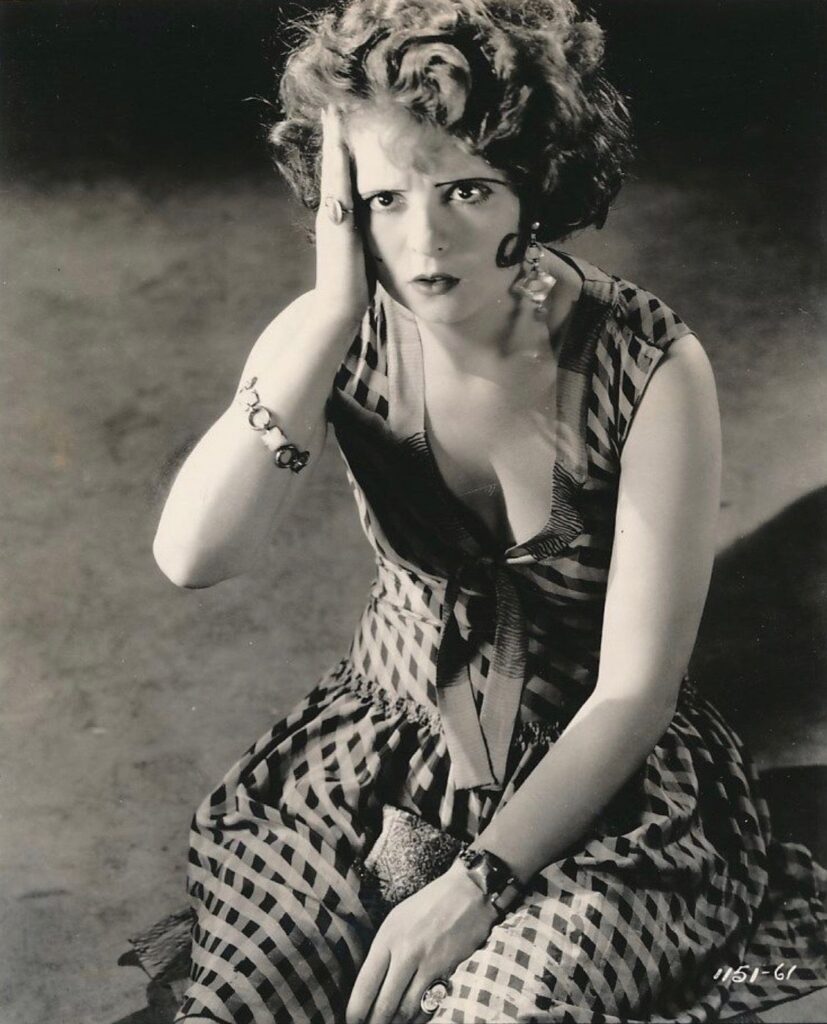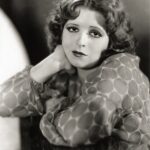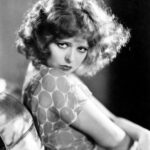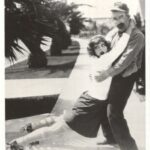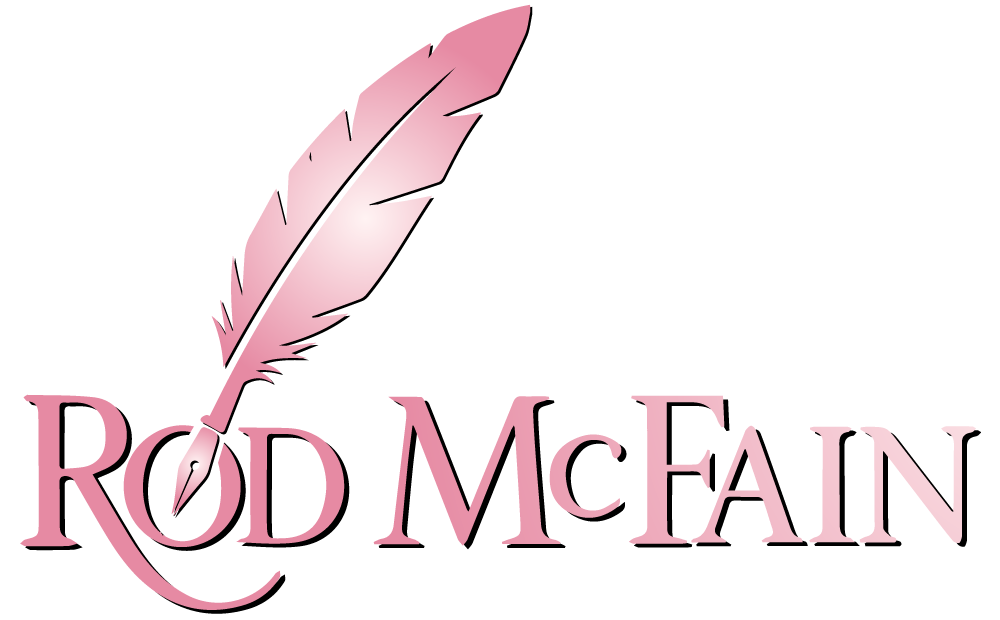Blog
Thoughts and Nonsense
My latest thoughts on writing, writers, and reading. Occasionally, I may stray off into horses, fly-fishing, or the good fortune of living in the mountains.
So much to comprehend – all in one place!
A little known fact: When Kris Kristofferson wrote the line “He’s a walking contradiction,” he was writing about me. That’s little know because it’s not true that he wrote it about me. He’s never even met me.
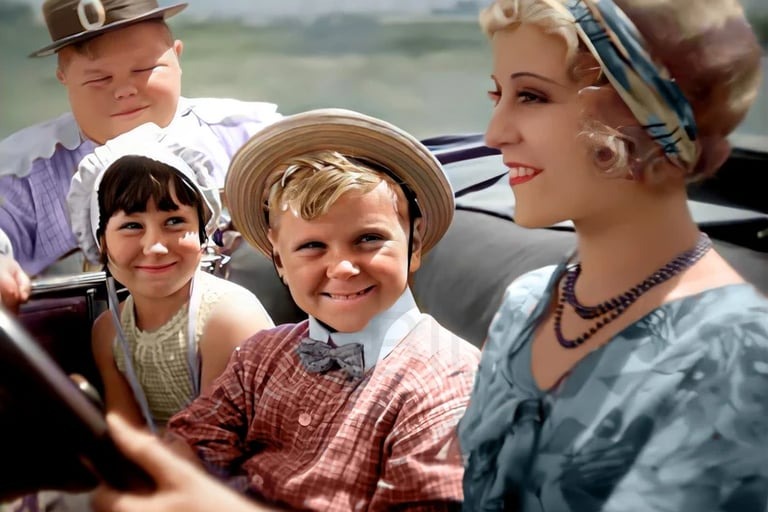
Thoughts About Clara and She’s Got IT
About the writing of a book, Winston Churchill said, “To begin with, it is a toy and an amusement. Then...
A Question of Magnificence
In THEMAGNIFICENT MAGGIE My girl Maggie is getting more reviews, responses, and questions than my other writings. I am thrilled....
The Muse
When creating a character, most writers, at least I suppose, most writers are under the influence of a muse. Sometimes...
Choosing The Roaring 20s as My Setting
Last week, someone asked me why I decided to write my new novel in the Roaring 20s. The answer is...
Why We Need Westerns
This country does not need a good five-cent cigar. It needs good Western novels. Don’t believe me? Read Lonesome Dove....
I Will Miss Them
A few months ago, Larry McMurtry passed away. From HORSEMEN PASS BY to THE LAST PICTURE SHOW to LONESOME DOVE,...
The Art of Character Creation
Okay, my dear reader…what does it for you? Is it plot, genre, characters, theme, or tone? What is it? For me, I’m quite character-driven. They mean more to me than the plot or the theme. It’s not that plot, theme, pacing, conflict, tension, and stakes don’t matter; they do, but great characters, at least for me, can overcome weakness in the other elements.
When I’m asked what I think makes a great character, I have one answer: flaws. In fact, I think I have an aversion to heroes, heroines, and unblemished people. I liked the novel version of Hopalong Cassidy better than the movie Hoppy. I prefer Scarlett over Melanie, and Jo March over Jane Eyre.
My favorite character in literature is either Gus McCrae or Huckleberry Finn, both rascals. Gus is a brave man, a true friend who will do anything for a friend in need. But he likes his whiskey, his whores. And he’s not too proud to be lazy. My favorite female character is probably Lorena Wood, Lori Darlin, if you watched the mini-series. She has such a tender heart and only wants to go to San Francisco. On the other hand, well…
I’ve said that to say this, my characters are the most important part of my writing. Someone was talking with me the other day about Maggie, my protagonist in The Magnificent Maggie. She said, “Sometimes I liked her, but then she would make me so mad because at times she would act so entitled.” She said, “I wanted to slap her.”
Excellent, great, fantastic. I don’t care if you like or dislike my characters. I care that they make you feel something. I’m thrilled if you want to slap them, or if you want to hold them in your embrace. Love them or hate them, I want you to feel something about them. I have never written a perfect character, at least I hope I haven’t.
Now I’ve said all that because I came here to talk about two of my favorite people, two of my favorite characters, Clara Bow and Maggie Elliott. I get asked a lot about those two. Both seem a bit controversial—Maggie slightly more than Clara. So I’ll start with Mags.
Maggie O’Sullivan Elliot. After talking about her with readers, I think there must be a little Scarlett O’Hara in Maggie, although that was never really my intention. I had two muses for Mags: Zelda Fitzgerald when I started writing, and Clara Bow by the end.
So, Maggie Elliott, let’s dive into The Magnificent Maggie.
To me, Mags is a convincing and complex figure—magnetic, contradictory, fiercely ambitious, and historically plausible as a character of the 1920s. When we first meet her, we’re introduced to a girl with copper-red bobbed hair, large green eyes, and a willowy figure. Mags is quirky, drinks, and dances with theatrical abandon. She loves sudden, practical jokes and extravagant gestures, and has a temperament filled with quicksilver moods, mischievousness, and fierce loyalty to a few close friends.
She craves public recognition and celebrity status, but her true needs are safety, a steady sense of self-worth, and psychological healing, rather than external validation. Maggie’s character arc moves from dazzling ambition and risky excess to collapse and institutionalization, and then to partial recovery and a renewed perspective. She rises as a dazzling performer, spirals under industry pressure and trauma, receives psychiatric care, and returns to a calmer life with renewed priorities. The arc fits because the ending shows healing and some, but not complete, regained stability rather than permanent ruin.
I think Maggie appeals to, or holds readers’ interest, because she has a blend of charisma, theatrical intensity, and vulnerability that makes her compelling: the audience admires her talent but also fears for her, rooting for her return to wholeness. She frustrates readers because she is blind to the protection and safety offered by her husband, C.J., and her best friend, Grace Brown, who should serve as her moral compass. Instead, she merrily follows chum, Zelda Fitzgerald, off cliffs, sometimes literal ones. She should have, but didn’t adhere to Dylan’s warning about fortune and fame, “neither are to be what they claim.”
We get to know two distinct Maggie’s:
- The archetypal artist transfiguring pain into performance, shown in her breakthrough as Zazà and again as Lettie, in The Wind.
- The archetypal tragic artist, consumed by inner demons, reflected in her descent into addiction and psychiatric crisis.
When we meet Maggie again, in She’s Got It, we find loyal advocacy, social bravery, cultural savoir‑faire, and a friend actively shielding and championing her new buddy, Clara. There continues to be some occasional theatrical intensity and emotional volatility; she sometimes amplifies chaos by leading Clara into raucous nights.
As when we first met Maggie, she still craves connection and recognition, and she needs authentic friendships and creative fulfillment; but now, her wants generally align with her real needs. She grows from a delighted admirer of Clara’s to a steadfast defender and the moral force who repeatedly protects and rescues Clara from scandal. Mags’ own career advances while she remains Clara’s anchor. She is not as self-centered as the girl we first met; she publicly defends Clara against press and studio attacks, while providing emotional refuge, and trying to keep Clara connected to life outside the studio.
Here, as a supporting character, she keeps appealing to readers by remaining witty, urbane, fearless, and warm; her energy, theatrical anecdotes, and fierce loyalty make her magnetic. Her comic timing and candid empathy offer emotional respite.
And now, my buddy Clara. She’s Got It centers on Clara Bow, which means my muse for Clara is—Clara. I don’t think that happens very often. She’s Got It follows her life from childhood through stardom to her final years.
If you’ve read the novel or follow me on social media, you know I like Clara Bow. My story traces Clara’s rise from an abused, hungry Brooklyn child to international stardom and then documents progressive deterioration—overwork, exploitation, scandals, mental health crises, and repeated attempts at recovery that never fully restore her innocence. Her early flickers of resilience give way to exhaustion, dependence on sedatives, public humiliation, and institutionalization.
Hollywood called her the IT Girl or the Brooklyn Bonfire. Tabloids dubbed her the “Wild Child” and claimed she was running amok. I think she was the most lied about young woman ever.
Clara wanted to be loved, accepted, and secure a place of beauty and belonging in life and in the movies. Why wouldn’t she? She’d never experienced love, never been secure, frequently didn’t know when her next meal would come, and only found beauty on a movie screen. Many people, especially young individuals, would have given up, accepted life for what it was, and not expected it to change. Clara pursued fame, affection, and stability.
She saw movies as her way out. Fortunately, she was blessed with electrifying charisma and instinctive screen presence—an ability to enthrall crowds and actors with spontaneity and emotional truth.
Clara had wild red hair, large expressive eyes, a quick smile, a mischievous grin, and an athletic/tomboyish energy early on, which turned into a sultry flapper persona. She had some wonderful quirks: impulsive laughter, habitual gum-chewing, compulsive restlessness, and a craving for closeness, yet a tendency to push people away.
Her magnetism made her compelling: an irresistible mix of vulnerability and combustible vitality, quick-witted humor, candid candor, and the tragic sympathy of a survivor. Audiences rooted for her because she was talented, resilient, and heartbreakingly human.
She also had a flaw. Deep-seated abandonment trauma and chronic insecurity, the kind that drives self-destructive behaviors: impulsive partying, gambling, trusting the wrong people. Unfortunately, regarding the trust, everyone betrayed her.
Her romantic entanglements and yearning for love repeatedly complicated her life, driving both passion and downfall.
As I’ve mentioned, I like Clara Bow. She had so much mud slung at her, so many lies were told. Even Clara said, “If I read that in the paper one more time, I’m going to believe it myself.” As I got to know Clara, and I’ve come to know her very well, I have found a kind, sweet, and loyal individual. If you want to meet the real Clara Bow, check on what Gilbert Roland, Jean Arthur, Jean Harlow, Myrna Loy, Victor Fleming, and many of her other contemporaries had to say about her.
I hope I have treated her humanely. She deserves that.
